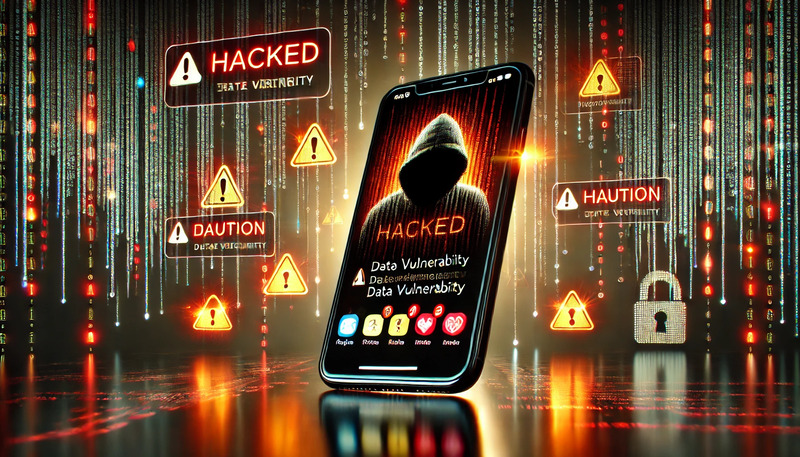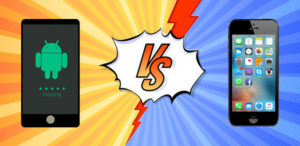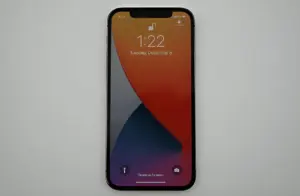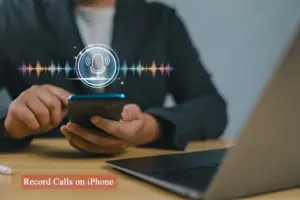It starts with your battery draining quicker than usual, leading to what feels like mobile phone charging marathons. Then, suddenly, your phone starts beeping at random times, showing notifications from apps you’ve never seen before.
And that’s just the beginning.
When your iPhone is hacked, things can get frustrating fast, not to mention how risky it can be for your data. Apple even released a report in 2022 showing that they stopped more than $2 billion in fraudulent transactions. This highlights how often iPhone users face hacking attempts, phishing, and other security threats.
Wondering if your iPhone might be hacked? Or maybe you’re curious if you need a VPN to safeguard against future attacks? You’re in the right place to learn about both.

Quick Links
Introduction
Does your iPhone seem to be acting up lately? Maybe the battery’s dying too fast, apps are crashing, or worse, you’re seeing messages that make no sense. These could be signs of something much more sinister—your iPhone may have been hacked.
Security breaches are becoming more common, and even Apple’s strict security protocols can’t always stop determined hackers. If you’re concerned about the safety of your personal data, it’s important to be aware of the signs that indicate your iPhone might be compromised.
Here are the top signs to watch out for and what you can do to protect yourself.
Tell-tale Signs Your iPhone Could Be Hacked
At first, it’s easy to brush off odd iPhone behavior. Maybe it’s just a glitch, right? Unfortunately, ignoring these signs can leave your personal data exposed. Here are seven key indicators that your iPhone may have been hacked.
1. A Sudden Surge in Your Data Usage
If you notice a sudden spike in your data usage despite using your iPhone the same way, something could be running in the background without your knowledge. Hackers often install malicious software that eats up data, which can lead to hefty charges on your mobile bill.
2. Strange “You’ve Been Hacked” Notifications
Pop-ups or alerts warning you that your device has been hacked are likely a scam. Hackers use these fake notifications to scare you into clicking on harmful links, giving them more control over your device.
3. You’re Locked Out of Your Apple ID
If you’ve suddenly lost access to your Apple ID or see notifications saying someone else has logged in from a different device, this is a strong indicator that your account has been compromised. Hackers can take control of your Apple ID, leading to unauthorized purchases or changes to your account settings.
4. Mic or Camera Light Turns On
Seeing your microphone or camera indicator light come on without your input is alarming. Hackers can use malware to access your iPhone’s camera or microphone to spy on your activities.
5. Unexpected Pop-Ups and Ads
Getting bombarded with ads or pop-ups, especially when you aren’t using any apps, is a classic sign of malware. These pop-ups often direct you to suspicious websites or prompt you to download more harmful software.
6. Everything Slows Down, Battery Too
A lagging phone or rapidly draining battery can indicate that malware is running in the background, using your device’s resources without your knowledge. This malware could be mining data or trying to communicate with external servers.
7. Receiving/Sending Unsolicited Messages and Calls
Have friends or family told you about strange texts or calls coming from your number that you didn’t send? This can happen when hackers gain control of your phone to send phishing messages in hopes of stealing sensitive information from your contacts.
What to Do If Your iPhone Is Hacked
So, what’s the next step if you think your iPhone has been hacked? Here are a few things you can do to regain control:
- Change your Apple ID password immediately.
- Uninstall any suspicious apps that you didn’t install yourself.
- Update your software to the latest iOS version to fix security vulnerabilities.
- Reset your iPhone to factory settings if you can’t remove the malware manually.
Why You Need a VPN for iPhone Security
If you’re worried about your iPhone being hacked, using a VPN (Virtual Private Network) is one of the best ways to protect your data. While Apple’s App Store is generally safe, even apps on official platforms can be infected with malware. A VPN can add an extra layer of security to your device by hiding your IP address and encrypting your internet traffic.
How a VPN Helps Prevent Hacking
1. Hides Your IP Address
Hackers use your IP address to launch attacks, track your online activity, and even steal your personal information. A VPN masks your IP, making it much harder for cybercriminals to target you.
2. Secures Your Data on Public Wi-Fi
Public Wi-Fi is a hacker’s paradise. Without a VPN, your data can be intercepted while using free Wi-Fi in places like airports or coffee shops. A VPN encrypts your connection, preventing hackers from accessing your sensitive information.
Additional Tips to Secure Your iPhone
- Enable Two-Factor Authentication (2FA) for your Apple ID.
- Update your software regularly to protect against known vulnerabilities.
- Avoid jailbreaking your iPhone, as this can disable built-in security features.
- Be cautious when downloading apps and only use trusted sources.
Conclusion
If your iPhone is acting strange, it’s crucial to address the issue before it escalates. Whether it’s unusual data usage or random notifications, these could be warning signs of a hack. By staying vigilant and using tools like a VPN, you can help keep your personal information safe and secure.
When you purchase through links on our site, we may earn an affiliate commission. Read our Affiliate Policy.




